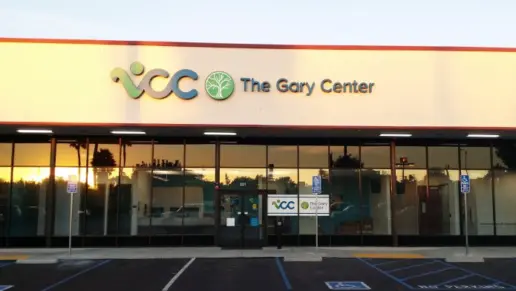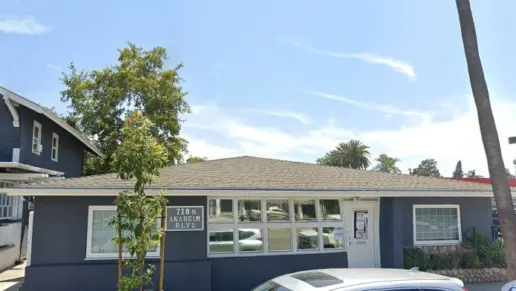About Alsana
Alsana is a private mental health rehabilitation facility in Santa Barbara, California. They provide integrated, Joint Commission accredited care for adults who are experiencing eating disorders. Services include inpatient treatment, a partial hospitalization program (PHP), an intensive outpatient program (IOP), and dual diagnosis services, with gender-affirming care for LGBTQ+ clients.
The inpatient program gives clients a secure and welcoming place to live as they undergo intensive treatment. The structured environment is a great starting place for those new to treatment, especially those with severe symptoms. Treatment plans may include assessments, individual therapy, psychiatry, group sessions, family programming, support groups, and nutritional support (which includes vegan options).
The PHP is an intensive program where clients continue to receive treatment but transition back into independent living. Clients meet several days per week for six to eight hours of treatment daily. Clients may transition directly into the PHP after completing residential treatment.
The IOP is a step down from PHP treatment. The treatment schedule is more flexible and meets for shorter sessions than PHP sessions.
Clients with an eating disorder often have a co-occurring mental health disorder (like depression or anxiety). Specialized co-occurring disorder treatment addresses both problems at once, which can lower the risk of relapse.
Alsana accepts many major insurance companies, including Cigna, Humana, Optum, MultiPlan, and Kaiser Permanente. Clients should confirm their coverage before enrolling in a program, as out of network benefits may vary.
Gallery

Location
Accepted Insurance
Other Forms of Payment
Private insurance refers to any kind of healthcare coverage that isn't from the state or federal government. This includes individual and family plans offered by an employer or purchased from the Insurance Marketplace. Every plan will have different requirements and out of pocket costs so be sure to get the full details before you start treatment.
Self-pay involves paying for treatment out of your own pocket. You can use savings or credit, get a personal loan, or receive help from family and friends to fund your treatment. If you don't have insurance or your insurance plan doesn't cover a specific program, self-pay can help ensure you still get the care you need.
Addiction Treatments
Levels of Care
Treatments
Mental health rehabs focus on helping individuals recover from mental illnesses like bipolar disorder, clinical depression, anxiety disorders, schizophrenia, and more. Mental health professionals at these facilities are trained to understand and treat mental health issues, both in individual and group settings.
Programs



Clinical Services
Eating disorders include anorexia, bulimia, binge eating, and dysfunctional eating patterns. Many psychologists and other mental health professionals consider eating disorders to be food addictions, meaning food is being used in an addictive way (similar to drug or alcohol addiction). Certain substance abuse treatment programs will have treatment for eating disorders as one of the services offered. An eating disorder may also present as a co-occuring disorder or dual diagnosis alongside drug and alcohol addiction.
Nutrition therapy, aka medical nutrition therapy (MNT), is a way of treating physical, emotional, and medical conditions through diet. Specific dietary plans are designed by professional nutritionists or registered dietitians, and patients follow them in order to positively affect their physical and mental health.
Accreditations

The Joint Commission, formerly known as JCAHO, is a nonprofit organization that accredits rehab organizations and programs. Founded in 1951, the Joint Commision's mission is to improve the quality of patient care and demonstrating the quality of patient care.
Joint Commission Accreditation: Yes
Contact Information
1175 La Vista Rd
Santa Barbara, CA 93110


